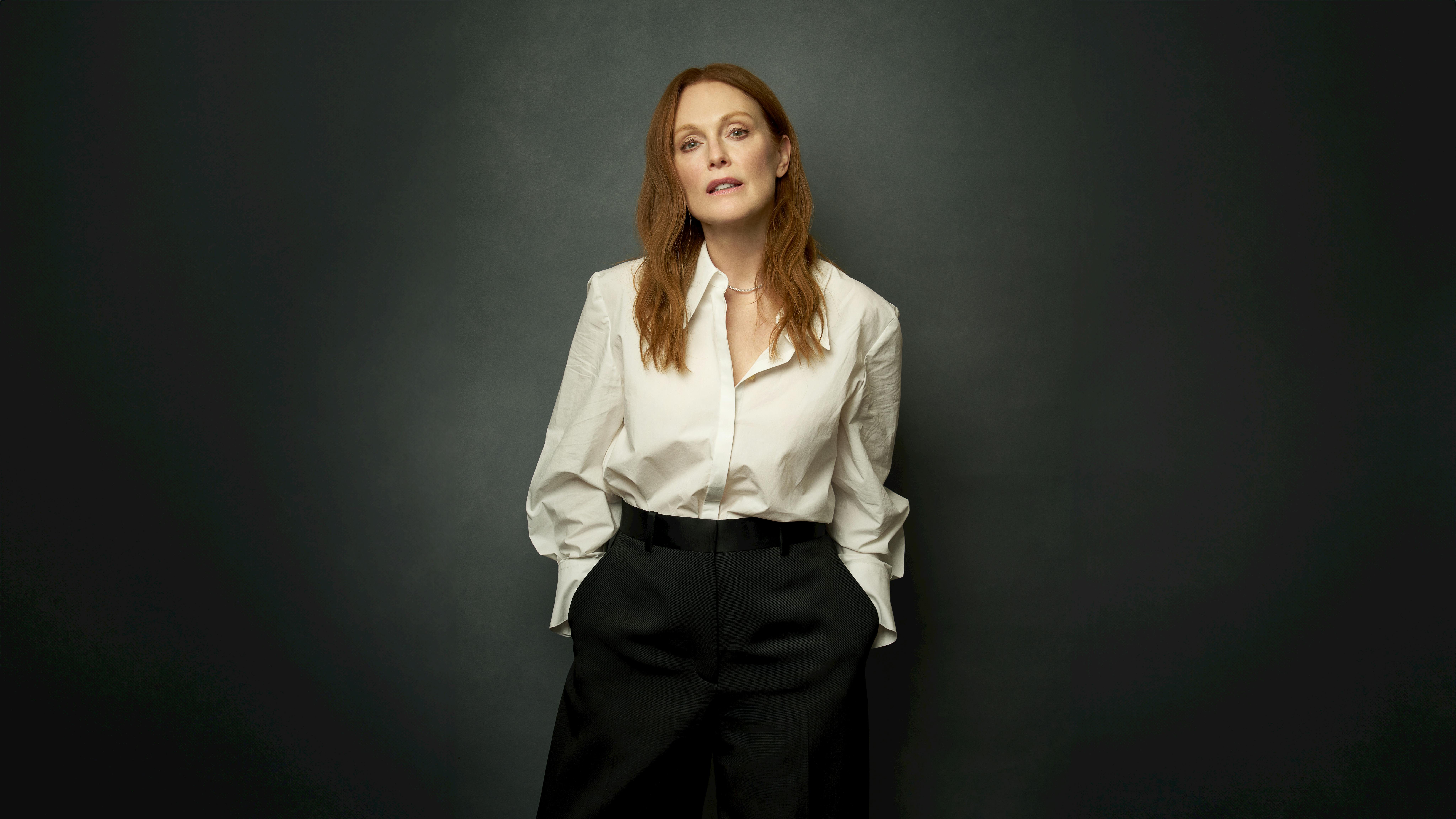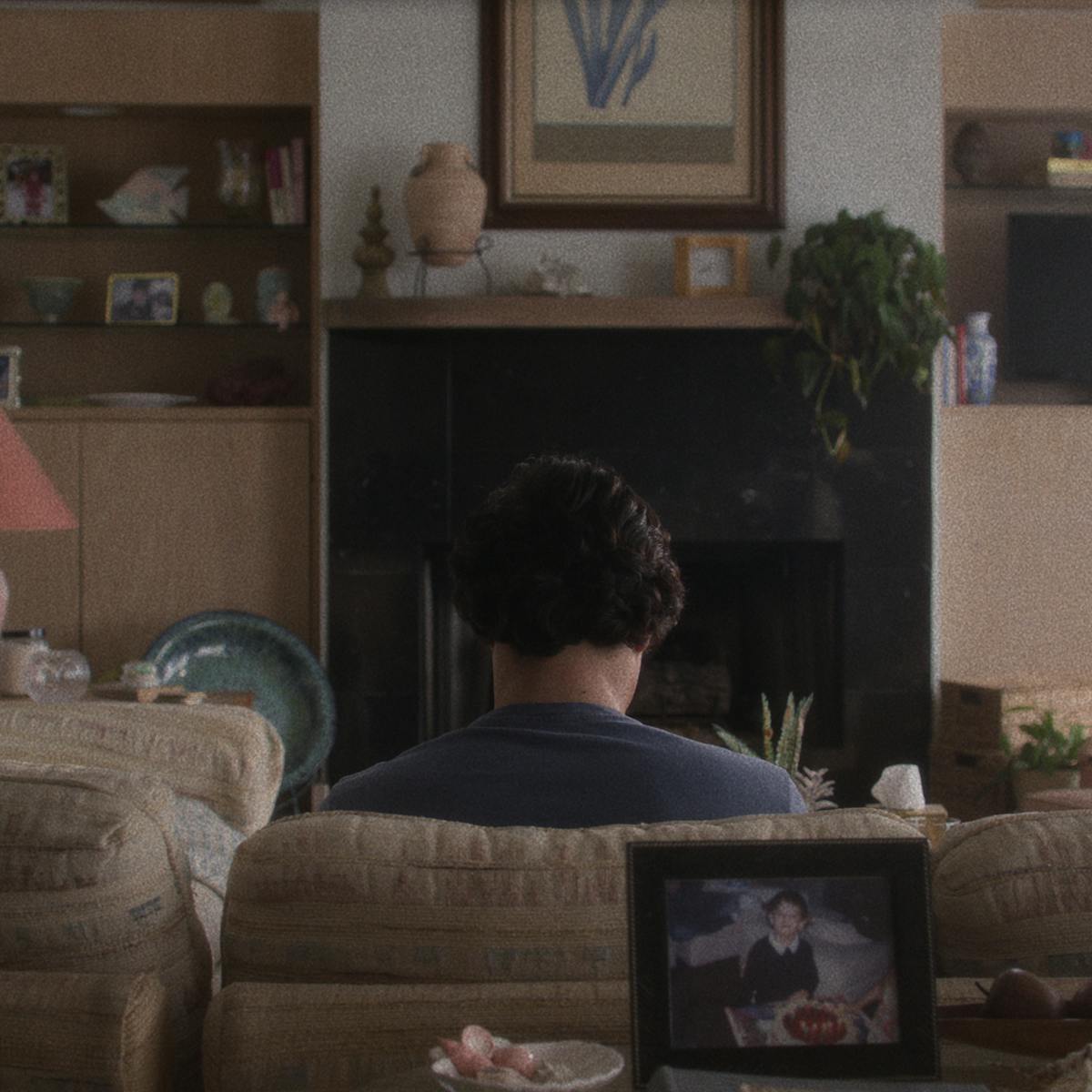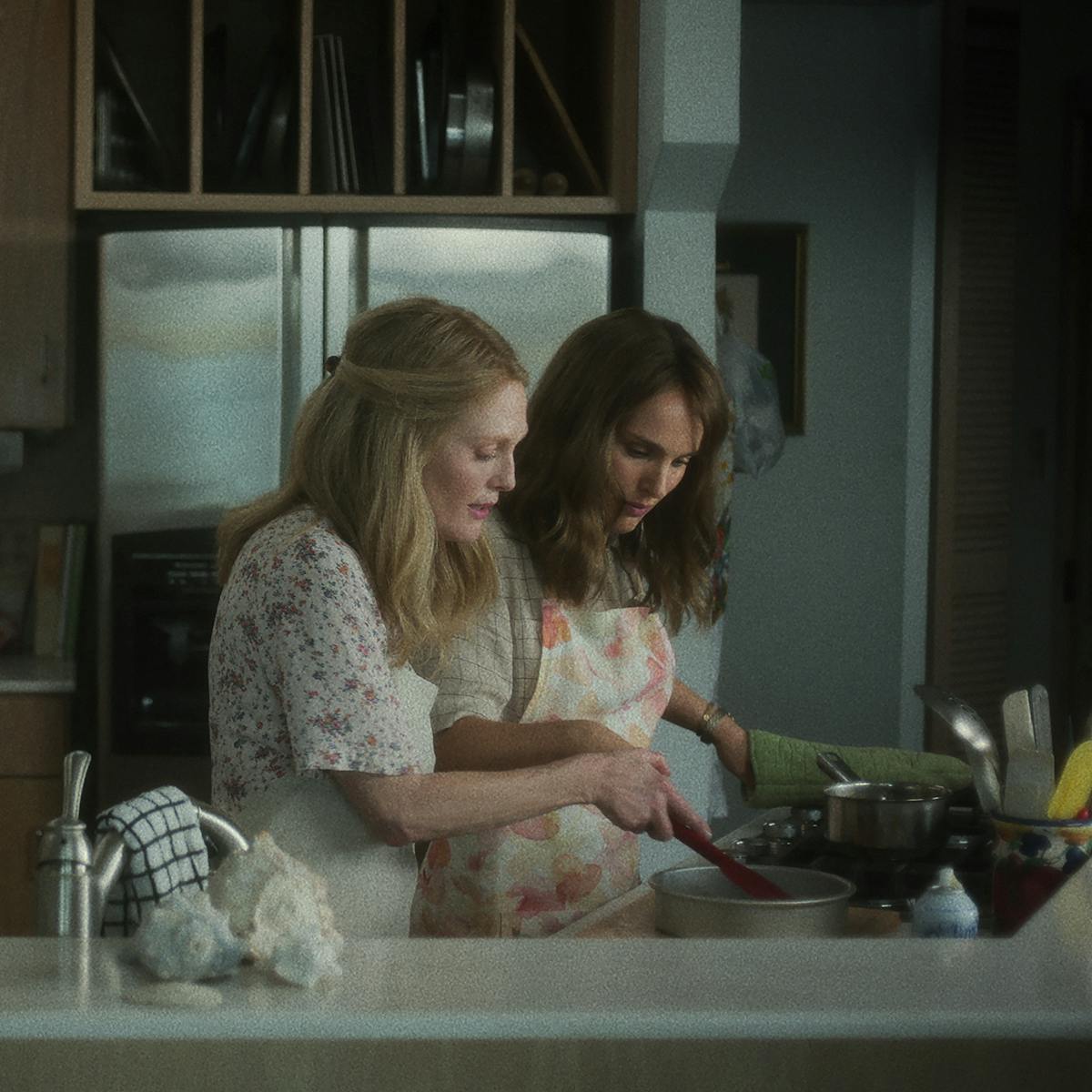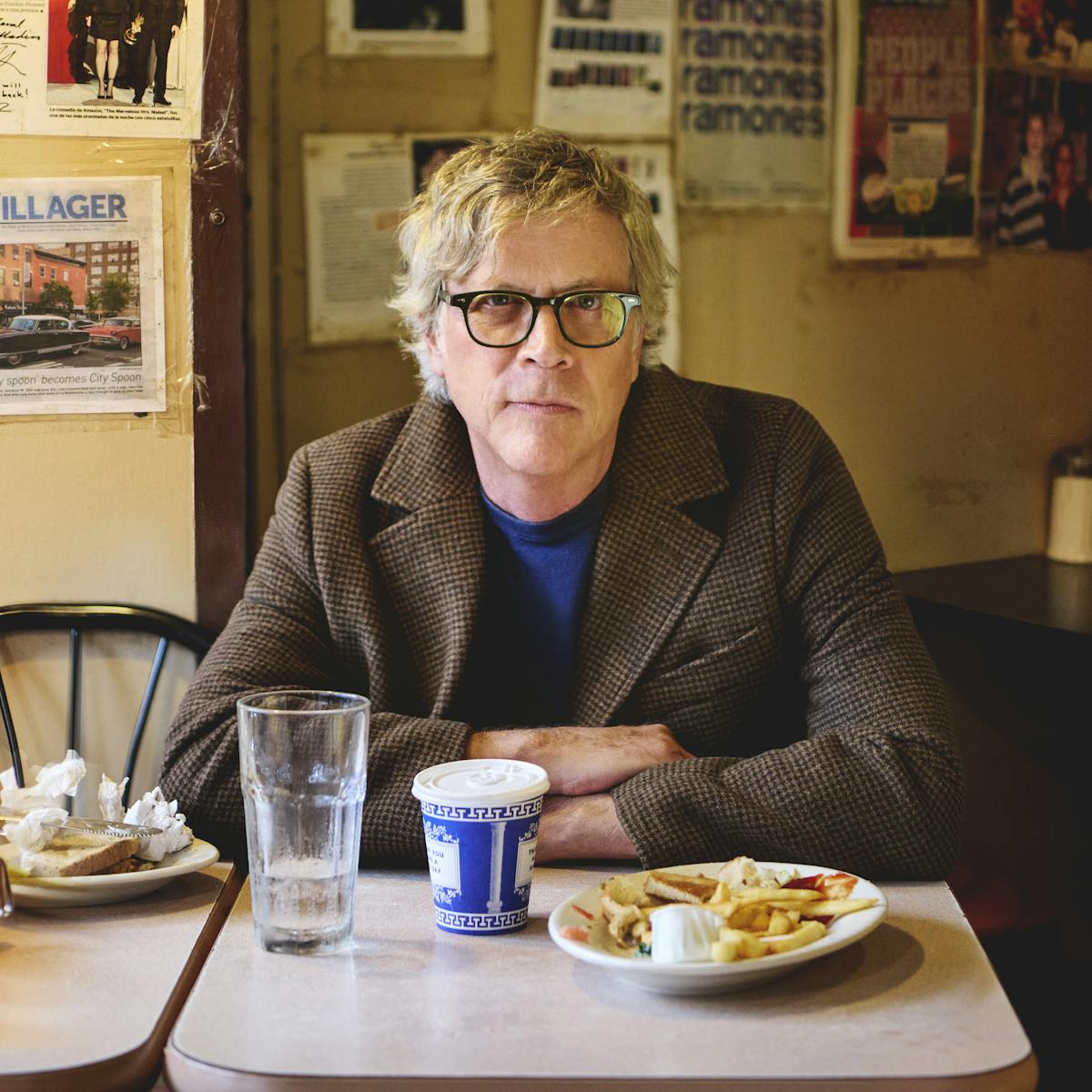The actor discusses her most recent collaboration with director Todd Haynes, May December.
Back in 1993, as Julianne Moore was building a name for herself in both theater and the world of daytime television (including a Daytime Emmy-winning performance on As the World Turns), she auditioned for the starring role in Safe, an indie production from then up-and-coming writer-director Todd Haynes and producer Christine Vachon. “I was determined to get it,” Moore says now of the part of Carol White, a woman suffering from an ill-defined environmental affliction. “I was also very sure about how I was going to play it. I really saw her as someone who was almost disconnected from her own voice, as almost a cipher, barely present. I basically thought, Okay, if he casts me, that’s great. If he doesn’t cast me in this, then I’m not the person for him because this is the only way I can play this part.”
Moore, unquestionably, was the person for Haynes. Not only did she nail the audition, but she also earned considerable acclaim for her performance in the landmark film — and forged one of the most prolific and significant actor-filmmaker partnerships in modern cinema. Together, she and Haynes went on to make singular, lauded films including Far from Heaven, I’m Not There, and Wonderstruck. Their latest, May December, sees Moore use her chameleonic talents to transform into Gracie Atherton-Yoo, a woman in deep denial about the origins of her relationship with husband Joe (Charles Melton), which began when he was only 13 years old. The tenuous nature of their bond is exposed when actor Elizabeth — played by Natalie Portman, who also produces the film — arrives to study Gracie for a role in an upcoming movie about her unconventional life.
Written by debut screenwriter Samy Burch, May December was shot in just 23 days in Savannah, Georgia. Astonishingly, Moore was on set for just 15 of those days, an almost unbelievably short window to craft the magnificent performance she delivers in the film. Then again, the actor — who took home the Academy Award in 2015 for the drama Still Alice following nominations for Boogie Nights, The End of the Affair, Far from Heaven, and The Hours — has proven time and again that when she has a vision for a character, her instincts never fail her.
An edited version of the conversation follows.
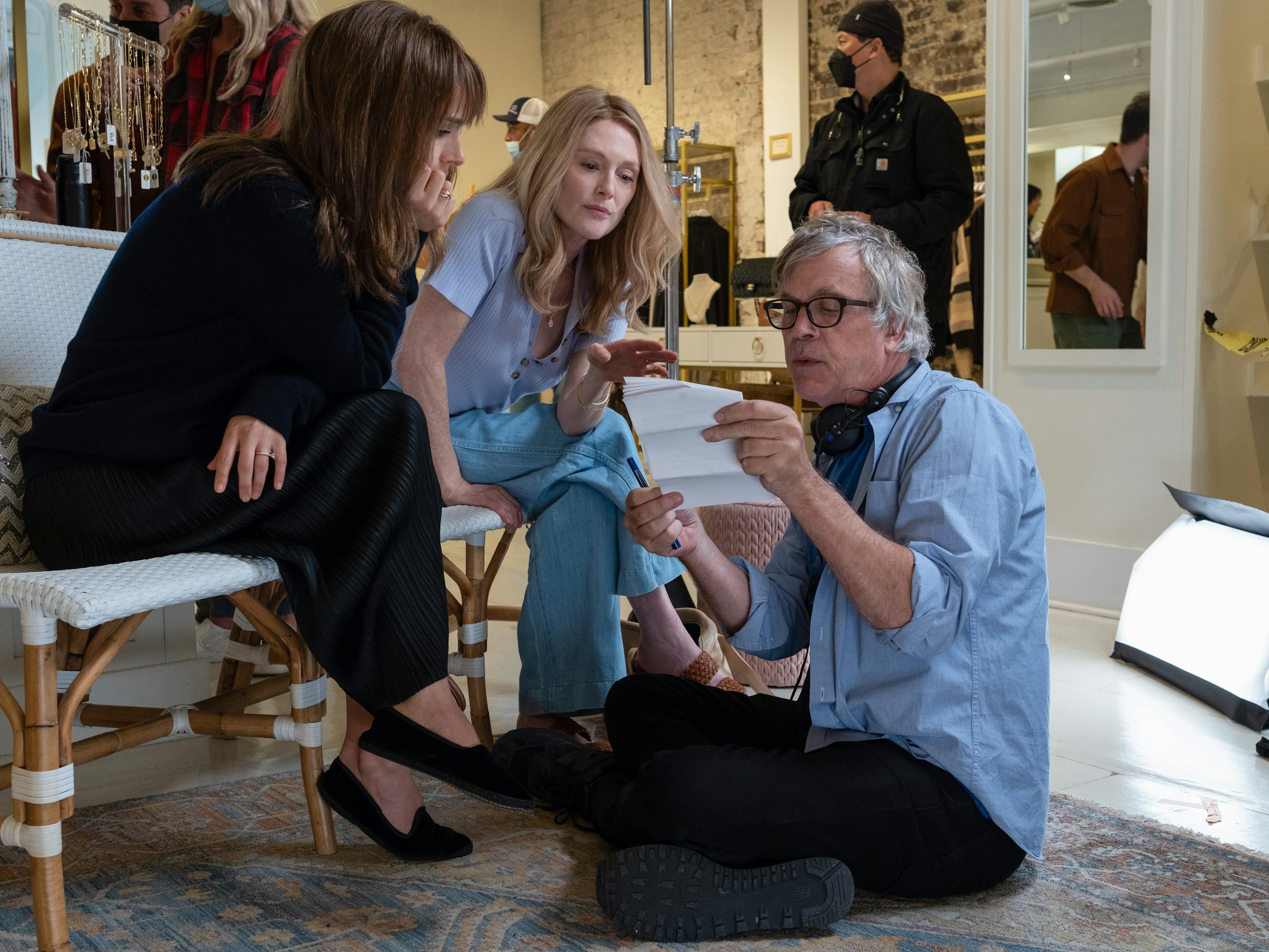
Natalie Portman, Julianne Moore, and Todd Haynes
Photograph by François Duhamel
Krista Smith: What is it about your relationship with Todd Haynes that has allowed your creative partnership to flourish for decades?
Julianne Moore: I think we have a shared sensibility. That’s the thing that binds us together, that idea that I can hear what he wants, I can see what he wants, and hopefully I’m able to deliver it. Every time he calls with something, I’m absolutely thrilled. May December was one of those jobs that came out of the blue. It was another one of those emails where he said, “Hey, Julie. Natalie sent me this script, and I wanted to slip it to you to see what you thought.” I read it, and I loved it. I asked, “Are you going to direct this?” And he was like, “Yep.” I was like, “I’m in.” I just feel lucky that he keeps coming back and that I continue to deliver for him.
I’m always astonished by his intellect; I really am. He really has thought about absolutely everything, every little detail. He dismisses nothing. The light is important, the wigs are important, the schedule is important, the location. He’s thinking about everything, and he has this astonishing capacity to metabolize it all to make it feel like you’re a part of it. He’s not one of those directors who looks right through you. He’s there looking at you, talking to you, and laughing. That’s the other thing. There’s so much joy on his sets. Everything is absolutely sincere in his movies, too. There’s no lack of humanity in them, and I think that that’s one of the things that really makes me love him so much.
How did you find the character of Gracie?
JM: This takes place 20 years [after] this character, Gracie, went to jail, had a child with Joe while he was still underage, and while she was still in prison. They then had twins after that. After she’s gotten out of jail and gotten married, they’ve raised these children. So, I’m looking back at what narrative this woman has sustained and who she is in the world. She talks a lot about this great love story they had, how they fell in love, and he was really her prince. To have this great romance with a 13-year-old boy, she has to elevate him to manhood to make it work. So that’s her narrative, that he’s the man of the house and she’s just a child. I thought, Wow, the energy it takes to maintain that narrative and send it out into the world day after day, when the reality of what happened 20 years ago is something quite different. She was not a little girl; she was a grown woman. That’s where the tension is and the emotional volatility between that story and the reality.
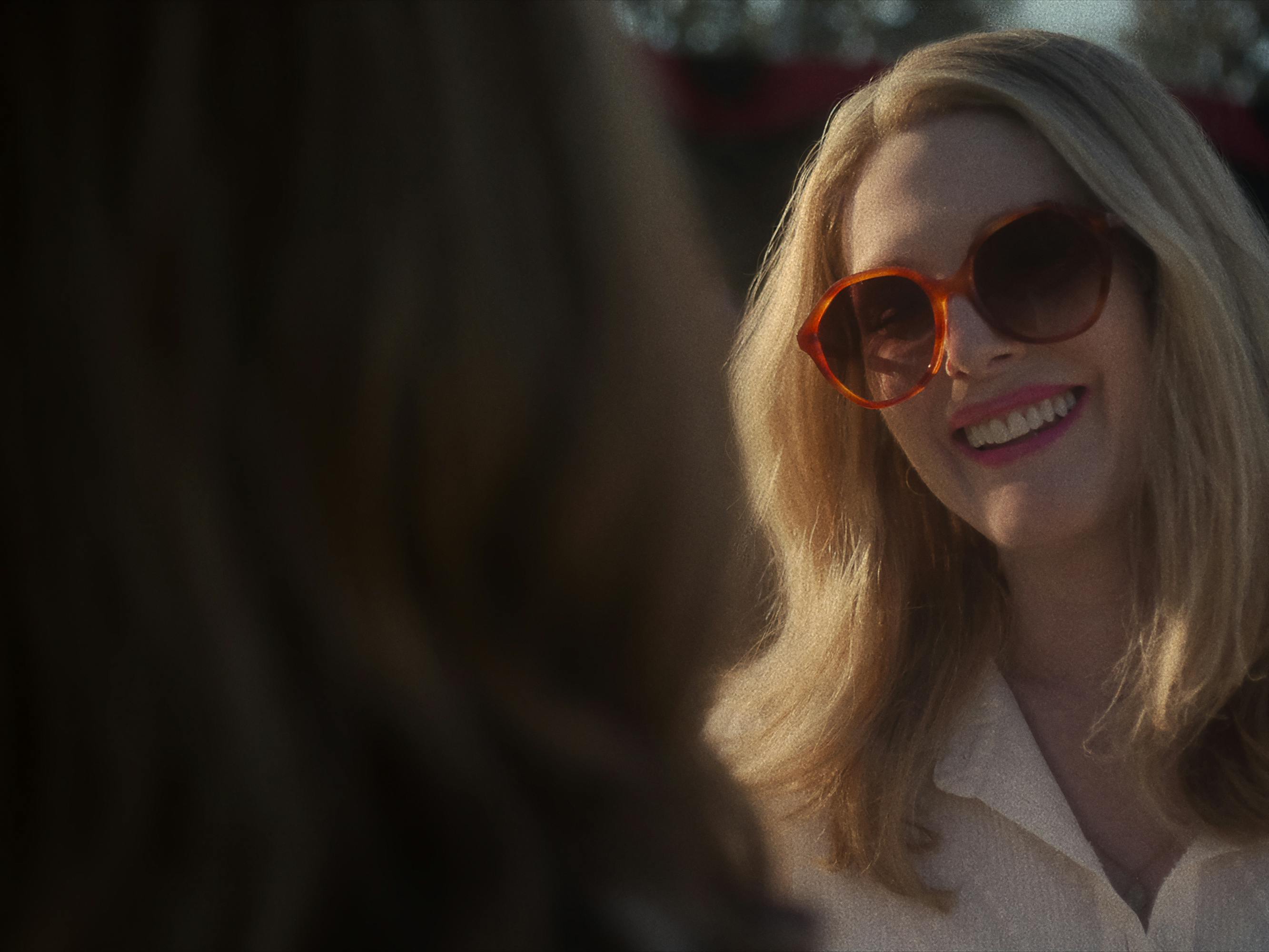
Elizabeth Berry (Natalie Portman) and Gracie Atherton-Yoo (Julianne Moore)
That slight lisp that you created for Gracie was really impactful.
JM: The choice for that was twofold. Natalie comes in and she has to start assuming my mannerisms and the physicality to become me. I needed, as an actor, to offer her some mannerisms to copy. So Todd and I talked about that. [In looking for] another way for [Gracie] to convey this performative femininity and childishness, I thought, What if I added a vocal choice to it? Traditionally, we think of lisps as being something childlike. Often kids do have them and then they grow out of them, but in this case, this is something that stayed with her. It lends her a childish air, and it’s also something concrete for Natalie to do.
The dynamic between you and Natalie is so incredible. I have to ask about the makeup scene in front of the mirror because it’s such a standout. Can you talk to me about shooting that?
JM: I loved doing that scene. First of all, I love Natalie. I could not ask for a better partner. Our processes are very similar. We’re serious about the work, but not serious about ourselves. By the time we got to the mirror scene, we’d already established a great rapport. I think the fact that we were so interested in each other and having so much fun made it so comfortable. I remember there was an issue with Natalie’s wig. They couldn’t tie it back into a ponytail, so I reached up and I brushed her hair back from her face and off her shoulders. It’s a very seductive gesture. It’s really intimate. And you realize they are seducing each other, but not for any sexual purposes. It’s like when you are in a power struggle, seduction is one of the tools that you use to win. And Gracie is very, very anxious that her story be told the way she wants it told.
But even technically, the funny thing was putting on the makeup. There’s not really a mirror there; there’s a lens. I had to, in real time, take that lipstick and put it on her lips and make sure it was saturated enough so that when we turned back to the camera, our lipstick would match. That was all I was thinking about: I want to make the shape really pretty, and I want to get the saturation exact. If you notice, I almost look at Natalie’s mouth the entire time because I’m so concerned about that.
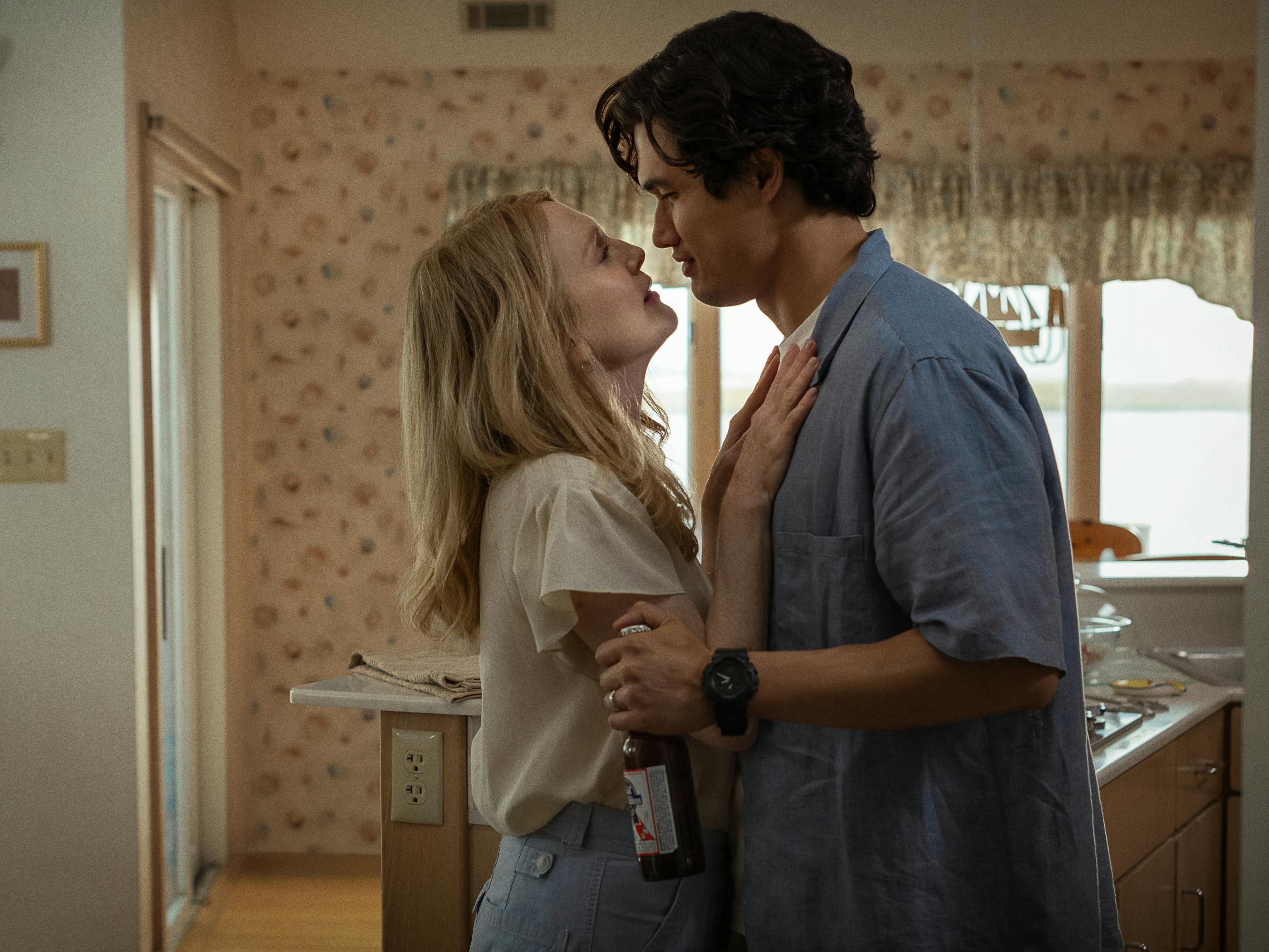
Gracie Atherton-Yoo (Julianne Moore) and Joe Yoo (Charles Melton)
Let’s talk about Charles Melton. It’s so exciting when you see a young actor who is really talented, and you realize this is going to be a big moment for them. How was that, working with him?
JM: Todd sent me all these wonderful actors who put themselves on tape for his part, and honestly, Charles jumped out to me right then and there on the recordings that he had done. Todd asked me to come in to do a chemistry read with several of the actors, and when Charles walked in, I was like, “Oh my God, he’s perfect.” There was something placid about him, solid. He was so receptive to everything I was doing, so present for me as the character of Gracie. I was so thrilled that he was able to do this because not only is he a wonderful actor with a great career in front of him, but he’s also a terrific human being. I loved working with him. I think that it was daunting to come in and work with all these people who are so well-established, but he more than held his own.
Have you been surprised by people’s reactions to the film?
JM: I’m thrilled that people are enjoying it the way they are. This is a movie that demands a tremendous amount of participation from the audience. You’re left having to go home and discuss it. What was Elizabeth doing? Was Gracie really telling the truth? What happened in Gracie’s past? I think it’s exciting for audiences to see a film like that and to be challenged. I think it’s invigorating. I hope so.
